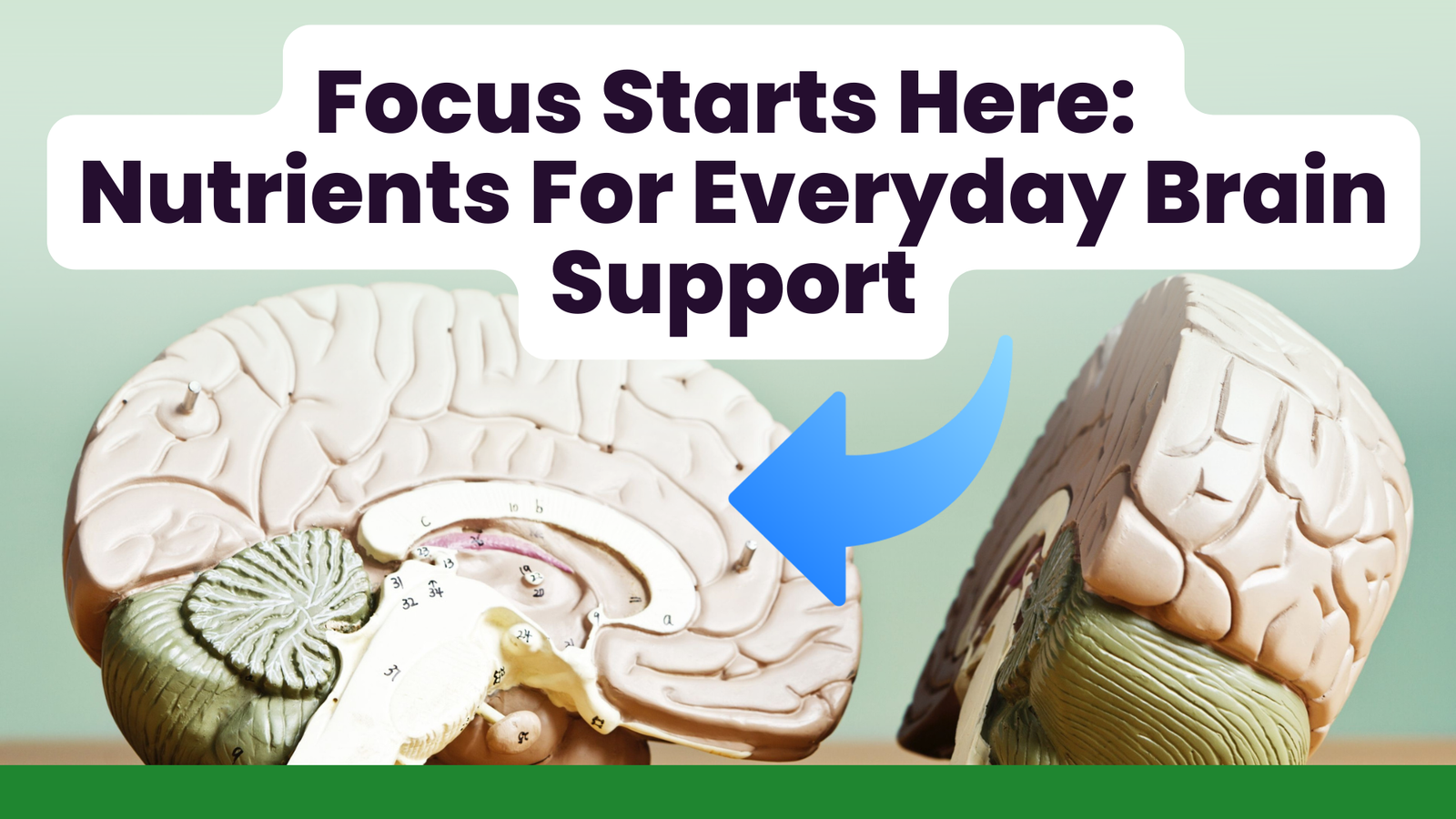Rise and shine!
After getting up from bed, your mood was up and suddenly after a couple of hours, your mood was down and after a couple of hours and your mood was up again. You feel that you’re riding an emotional roller coaster. Does this story sounds familiar? YES, a lot of people experience this too! And what’s to blame? – Mood Swings.
Are mood swings normal? The answer is MAYBE.
Experiencing mood swings is pretty normal. Mood swings sometimes depend on various situations you’re experiencing, current health conditions like monthly periods or even things that you’ve been thinking about everyday. However, if its frequent overthinking which affects the sudden change of emotion and it’s affecting yourself and the people around you, you may need to seek professional expertise to help you.
A mood swing is an extreme or rapid change in mood. Such mood swings can play a positive part in promoting problem-solving and in producing flexible planning. However, when mood swings are so strong that they are disruptive and can serve an onset to further emotional issues, they need to be addressed.
So what could be causing your mood swings?
Stress and Anxiety
Stress and anxiety are both the primary reasons why someone can experience mood swings. Stress is good if it motivates you but it's bad if it wears you down. Many factors can contribute to the stress you experience, and this stress can cause changes in your body that affect your overall physical, mental, and emotional health
Hormones
Hormonal imbalances may be a cause of mood swings. This normally happens to women before or during menstruation or pregnancy. It can affect the mood towards things and may also cause irritability even with minor issues.
Caffeine
Caffeine works by stimulating the central nervous system, an important part of which is the brain. Coffee, or any other caffeinated beverage, works by tricking the brain into releasing dopamine, serotonin. In the same way, hormones including adrenaline and norepinephrine are released. It is these hormones that are involved in the body’s “fight or flight” response. They are useful if you’re in an emergency situation, but not so much if you’re just sitting in the office or staying inside the house.
Dehydration
As usual, the body needs hydration to function well. If the body feels dry and weak, our perspective on things may also be affected. Being even slightly dehydrated may be enough to cause moodiness, problems concentrating, headaches and worse, fatigue.
Unhealthy Diet
Unhealthy eating patterns can cause mood swings. Blood sugar fluctuations and nutritional imbalances are often to blame. Without a steady source of fuel from the foods we eat, our mind and bodies don’t function well. If we don’t give our body the right foods, it can affect the mood as your body may feel lacking in nutrition.
Magnesium Deficiency
Magnesium is an important mineral for hundreds of biochemical reactions in the body, some of which are beneficial for regulating our mood. When we have low levels of this mineral we can become prone to a variety of symptoms which may affect our mood such as anxiety, irritability, low mood, and headaches.
Sleep Pattern and Fatigue
Lack of sleep can easily lead to low mood or feelings of anxiety, and stress. If we are an intermittently good and poor sleeper we may see similar fluctuations in our mood which can then be interpreted as mood swings. Similarly, if we don’t experience fatigue all the time we can also interpret the occasional exhaustion, low motivation and irritability it can cause as a mood swing rather than for what it is.
Now that you know the most common causes of mood swings, it’s time to understand the means on how to avoid it from happening:
Get Regular Exercise
Moving and exercising are great for your physical and mental health. They can also avoid mood swings. When you exercise, your body produces feel-good hormones and endorphins that can help alleviate stress and boost mood. Aim for 30 minutes of moderate exercise 5 days per week.
Sleep, sleep, sleep
Getting enough sleep and the right type of sleep is essential for our overall health and wellbeing. While you sleep, your body works to support healthy brain function and maintain your physical health. Adults need around 8 hours of sleep each night and this should be met as much as possible. A regular pattern of sleep is required for us to feel more energized and achieve consistency in our moods.
Regulate Intake of Caffeine
These stimulants and depressants can alter your natural state, making mood swings worse or causing them in the first place. Sure, caffeine can make you feel less fatigued, but it can also exacerbate anxiety and nervousness. Try to limit yourself to 1 or 2 cups of coffee every day. It’s better if you can switch to tea but if not possible, ensure that your consumption is monitored and regulated.
Avoid Too Much Alcohol
People tend to consume alcoholic beverages especially during mood swings to compensate what they’re experiencing. However, alcohol is a depressant that can worsen bad moods or make you behave irrationally. The fluctuations they produce may cause mood swings and other symptoms. Cut back as much as you can to maintain stable moods every day
Don’t forget to eat foods that are rich in magnesium
Magnesium helps to stabilize blood sugar levels, which, as we already know, is beneficial for mood swings. Magnesium is known to help with fatigue, which in turn will help to improve and stabilize our mood.
Try Ashwagandha supplement
Ashwagandha, also known as Withania Somnifera, is a plant native to India, the Middle East and parts of Africa. Its roots, and sometimes the leaves are used as herbal medicine which may be helpful in mood imbalance, stress and anxiety relief. For over 2000 years, Ashwagandha helped a lot of people especially those who are experiencing mood swings and hormonal imbalance.
This is the inspiration behind the existence of the newest addition to our supplement range. We’ve recently introduced our Ashwagandha made with Organic Ashwagandha and Black Pepper for added absorption! Our Ashwagandha supplement may help with cognitive, joint and heart function. Our vegan capsules contain organic ashwagandha root powder for a premium supplementation experience and are third-party to ensure potency, safety, and quality.
This may be the stress relief supplement that you’ve been looking for! Get your bottle now by clicking the image below.
























Leave a comment (all fields required)